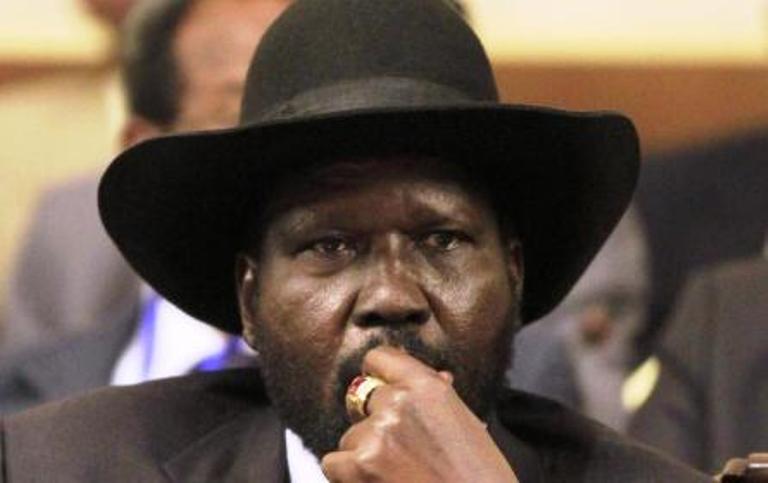S. Sudan risks more sanctions over its civil war: U.S official
November 21, 2017 (JUBA) – War-torn South Sudan could face more sanctions if the country’s leaders do not utilize ongoing peace talks aimed at ending current civil war, a top United States official said.

Tough measures, Morrow told Bloomberg, could target those seen as “spoilers” of the peace process being overseen by regional leaders.
“..(..)..If there is anyone who reneges on their commitment, they can expect to face harsh measures,” said the senior U.S official, who also stressed the need for the warring parties to adhere to the ceasefire.
PREVIOUS SANCTIONS
In September, the U.S government imposed sanctions on two serving South Sudanese officials and a former military chief of staff, accusing them of fueling and profiting from the country’s civil war.
The U.S Treasury Department, in a statement, said it blacklisted Malek Reuben Riak Rengu, deputy chief of defense for logistics in the SPLA; Paul Malong, former army chief who was dismissed in May; and Minister of Information Michael Makuei Lueth.
The measures freeze any assets in the U.S or tied to the U.S financial system belonging to the three men. The U.S Treasury said Riak was central to weapons procurement during the first few years of the conflict and helped plan an offensive in Unity State in April 2015.
It also accused him of issuing military contracts at inflated prices “in order to receive extensive kickbacks. The U.S. Treasury blacklisted All Energy Investments, A+ Engineering, Electronics & Media Printing and Mak International Services which it said was owned or controlled by Malek. The Treasury said former chief of staff Malong “did not discourage” the killing of civilians around the town of Wau last year.
The US Treasury further accused the South Sudanese information minister of attacks against the United Nations mission in South Sudan and obstructing peacekeeping and humanitarian operations in the country.
In July 2015, the UN Security Council imposed sanctions on six South Sudanese generals accused of fuelling conflict in the world’s youngest nation. The generals, three from each side of the conflict, were to face global travel bans and asset freezes.
The South Sudanese civil war, now entering its four-year, has killed tens of thousands of people and displaced more than two million people since it broke out in mid-December 2013.
(ST)
